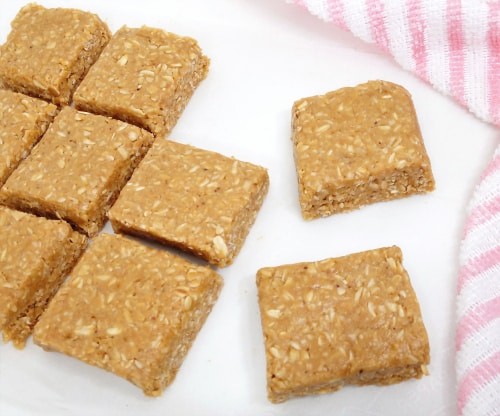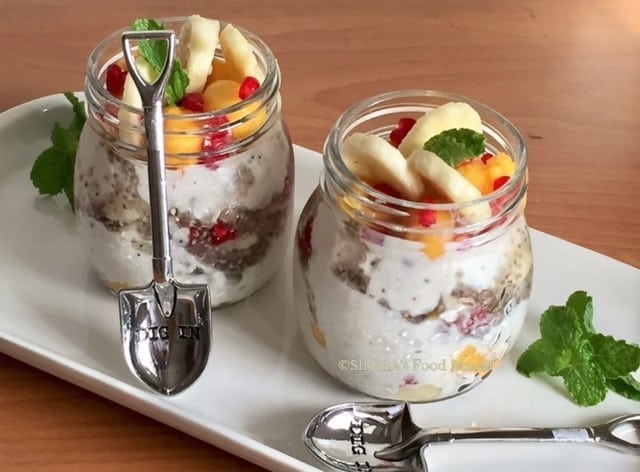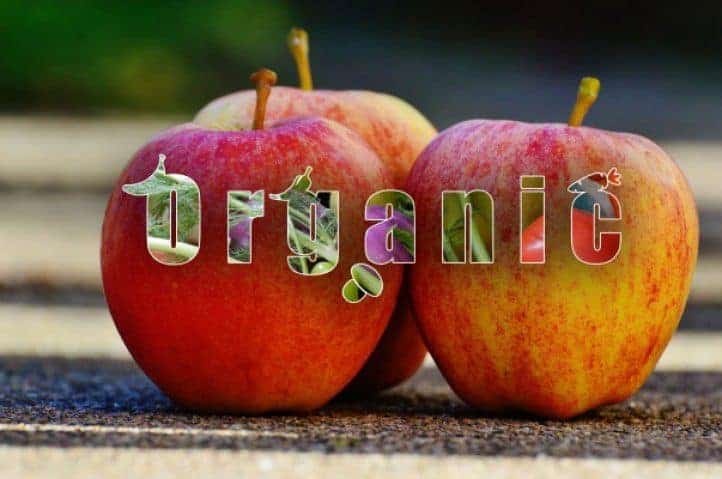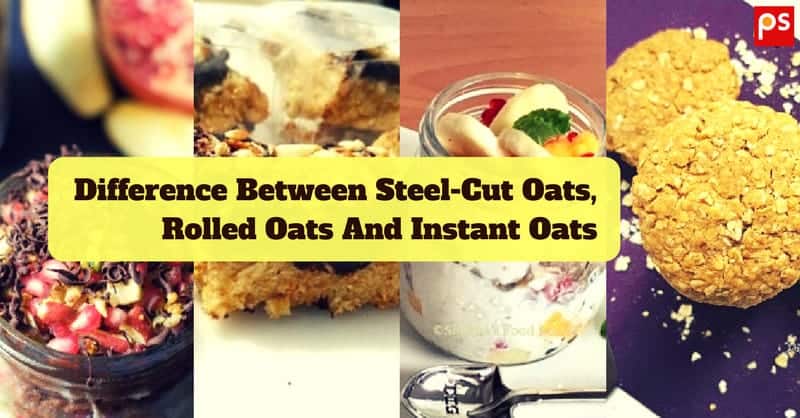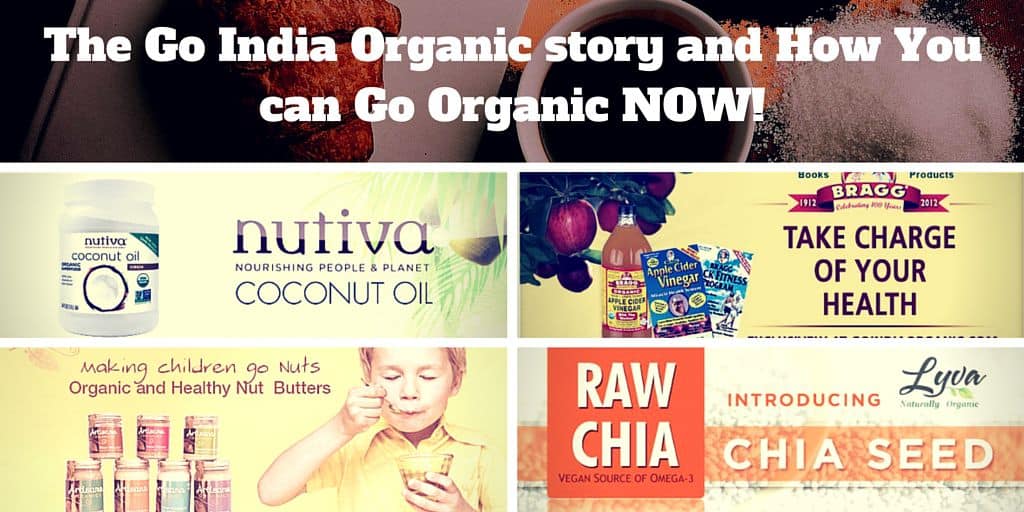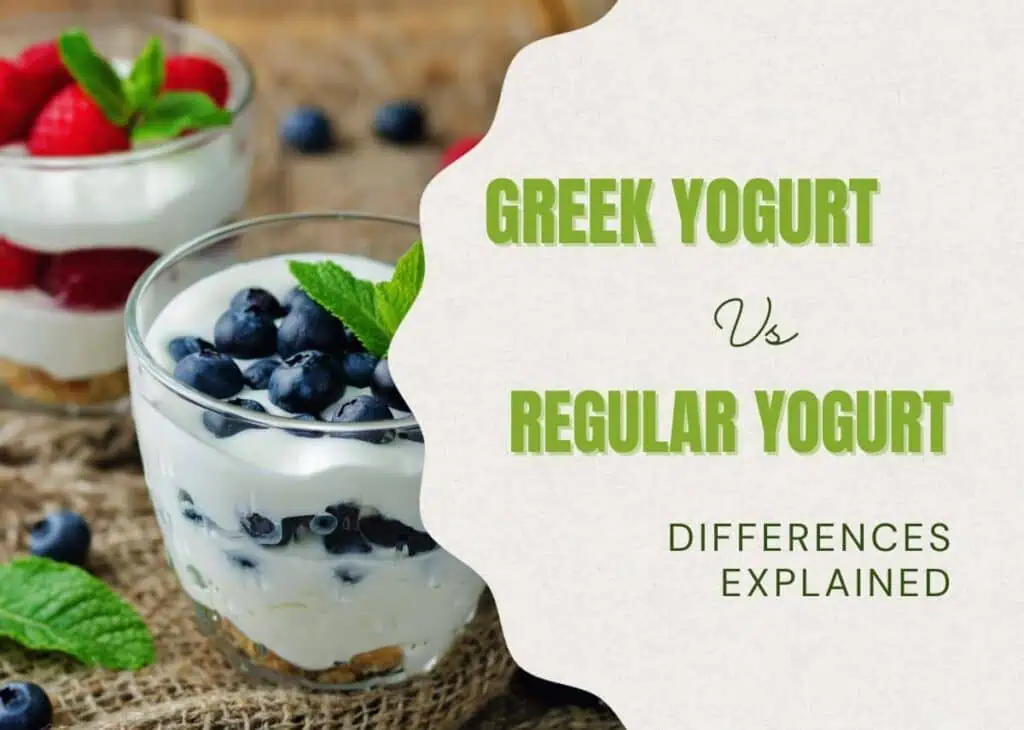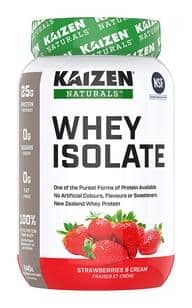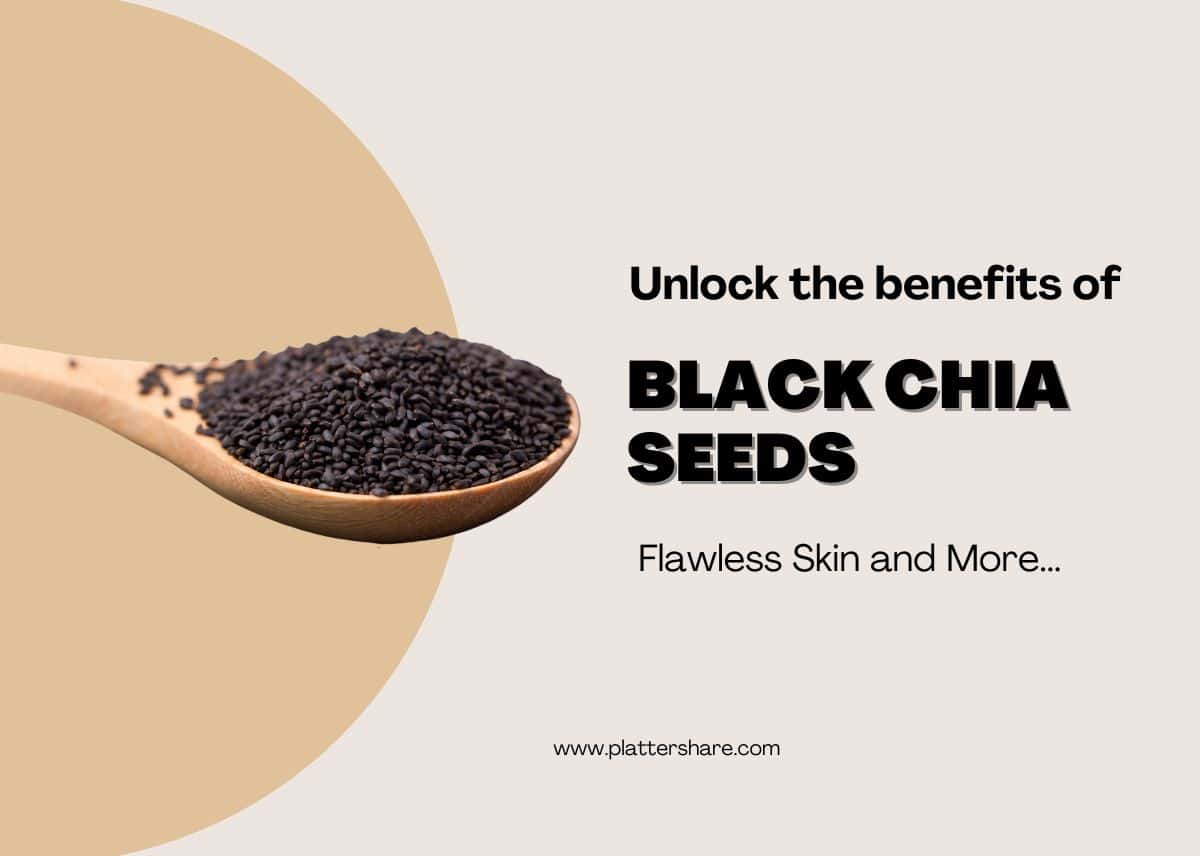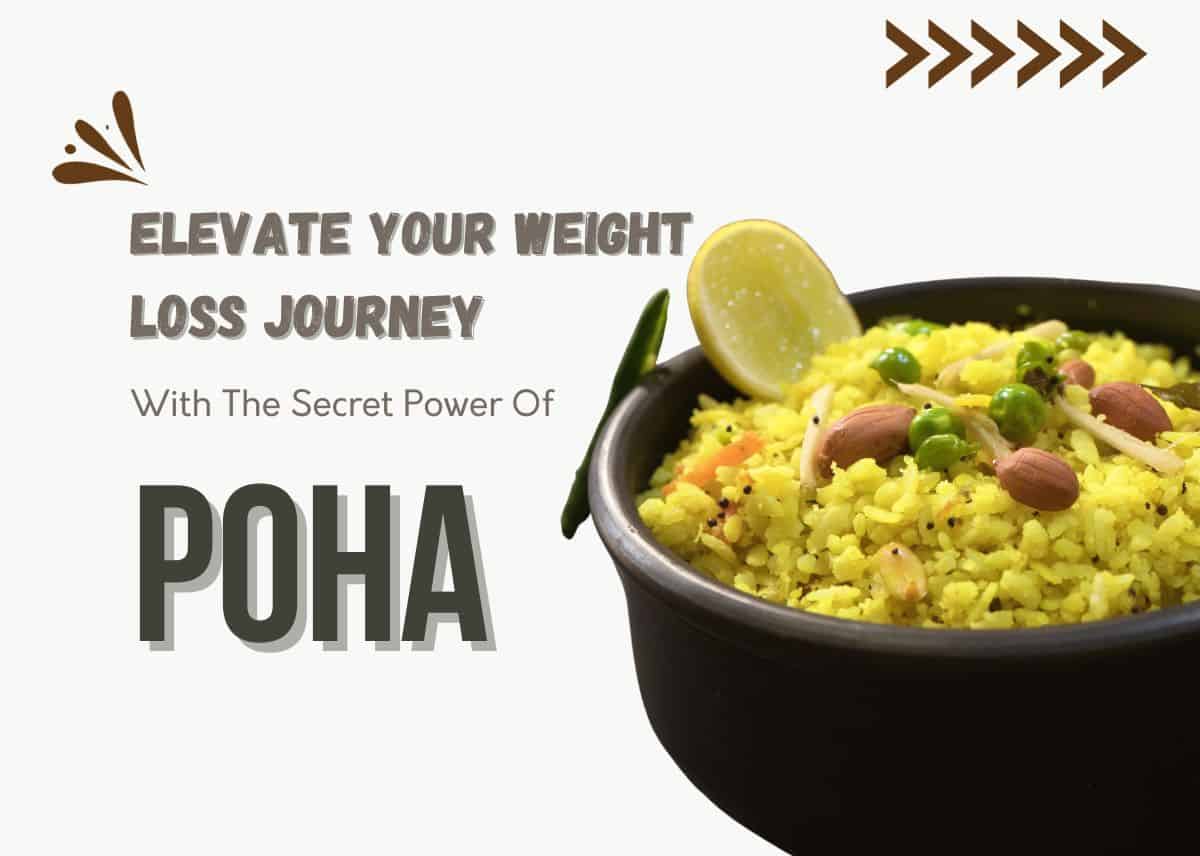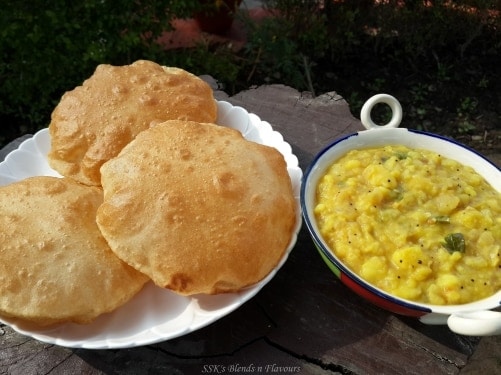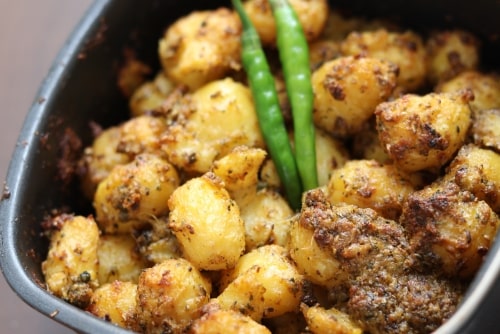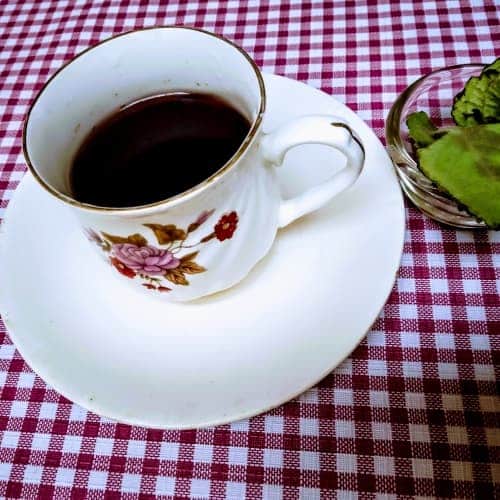Organic Vs. Regular Oats: What’s The Difference And Why It Matters
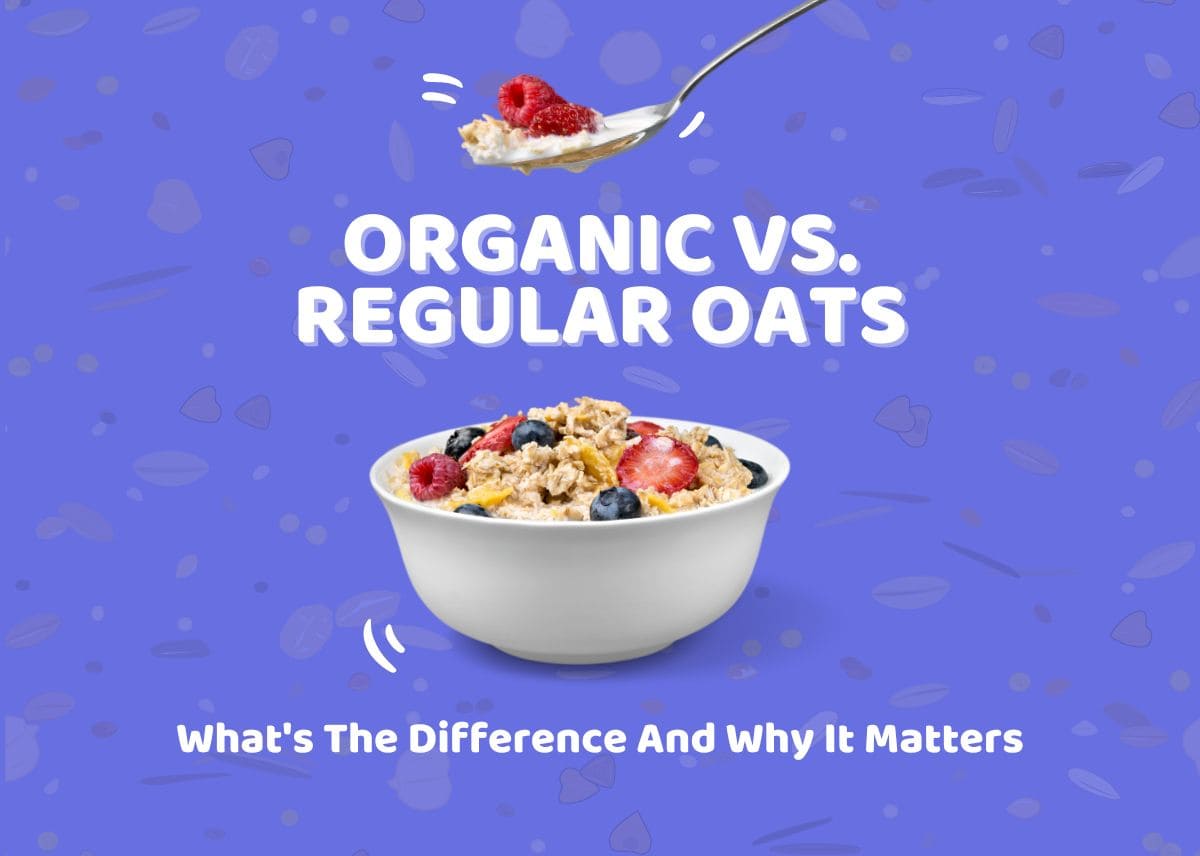
Organic Vs. Regular Oats! When it comes to breakfast choices, oats are a staple in many homes. Packed with heart-healthy fiber, they make a filling start to the day and can be prepared in countless ways, from a simple bowl of porridge to granola bars and smoothies.
Table of Contents
However, not all oats are created equal. You might think they’re pretty straightforward until you’re faced with the decision to choose between ‘organic’ and ‘regular’ oats. What’s the difference, and does it really matter? Well, the answers may surprise you.
On the one hand, you have the ever-popular regular oats you’ve grown up with. And on the other, there are organic oats, such as organic oats by GF Oats, a product that has recently gained significant attention.
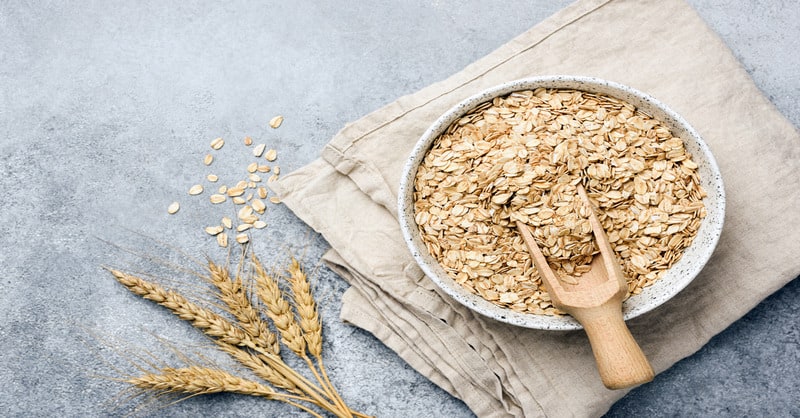
Organic Vs. Regular Oats
What Are Organic Oats?
First, what makes organic oats ‘organic?’ The term ‘organic’ simply means the food produced is as natural and minimally processed as possible. This goes beyond steering clear of synthetic pesticides and fertilizers.
Here are some of the core practices that define organic oats:
- Sustainable Farming Practices: Organic farmers employ methods that promote ecological balance and conserve biodiversity. These include crop rotation, green manure, and other techniques that improve soil health.
- No Synthetic Pesticides: Organic oats are grown without synthetic pesticides. Instead, organic farmers use natural methods to keep pests at bay, like beneficial insects or eco-friendly substances.
- No Synthetic Fertilizers: Unlike conventional farming, organic farming prohibits the use of synthetic fertilizers. Organic farmers rely on natural fertilizers, such as compost and animal manure, to enrich the soil.
The benefits of organic oats extend beyond their nutritional value; they also encompass the environmentally friendly principles and practices behind their cultivation. The next time you pour a bowl of organic oats, you can enjoy them knowing you’re participating in a broader, greener agricultural movement.
Also See
What Are Regular Oats?
Regular oats, or conventional oats, are a product of traditional agricultural practices focusing on mass production and cost-effectiveness. To appreciate the broader context of regular oats, it’s important to explore several key aspects:
- Farming Practices: Regular oats are produced using conventional farming methods. These include the use of synthetic pesticides and fertilizers, which are necessary to keep pests at bay and enhance crop growth.
- Cost-Effectiveness: Regular oats are typically cheaper because of the methods used. This cost-saving is passed on to the consumers, making regular oats more affordable and widely available.
- Chemical Residues: While these practices lead to higher yield, they also mean that residues from pesticides and fertilizers can remain on the oats. However, they generally stay within the limits set by food safety authorities.
- Availability: Given the high-yield farming methods, regular oats are available anywhere. You can find them in every grocery store, both physical and online, making them a convenient choice for consumers.
Regular oats, being affordable, widely accessible, and versatile, have a prominent presence in many households. However, the potential residues and environmental impact of the production process are significant considerations.
Also See
Why Organic Matters?
Why should you consider organic oats over regular ones? It all comes down to the possible health benefits and environmental impact. Here’s why choosing organic matters:
- Reduced Exposure To Chemicals: Although regular oats are subjected to cleaning, they might still carry traces of pesticides. Organic farming, on the other hand, ensures your oats are free from such residues, making them a better option for your health.
- Environmental Sustainability: Organic farming practices are beneficial for the environment. They help preserve soil health, reduce pollution, and promote biodiversity. Hence, when you choose organic oats, you’re also doing a favor to the entire ecosystem.
- Support For Ethical Farming Practices: By purchasing organic oats, you support farmers committed to ethical, sustainable farming practices. This not only benefits the environment but also promotes the livelihood of these farmers.
Choosing between organic and regular oats extends beyond just a breakfast dish. It’s a decision about health, the environment, and farming ethics. You’re not just picking a healthier option but also contributing to a more sustainable planet.
Cost Consideration
One significant factor when choosing between organic and regular oats is cost. Organic oats are often more expensive than regular oats due to the more labor-intensive and time-consuming organic farming methods.
However, many are willing to pay a bit extra for the peace of mind that comes with knowing they’re eating a product that’s safe and free from chemical residues.
Final Thoughts
Whether you choose organic or regular oats, you’re making a wise choice to start your day right. If you value organic farming practices and aim to minimize your exposure to chemical residues, organic oats could be the preferable choice. However, if cost is a major factor, regular oats might be a better option. Remember, it’s all about making choices that make sense for you and your household.
Also Read:
- Difference Between Steel-cut Oats, Rolled Oats And Instant Oats
- 7 Healthy Foods for Remote Workers to Make at Home
- Explore the World of Matcha: Delicious Matcha Recipes for Every Occasion
